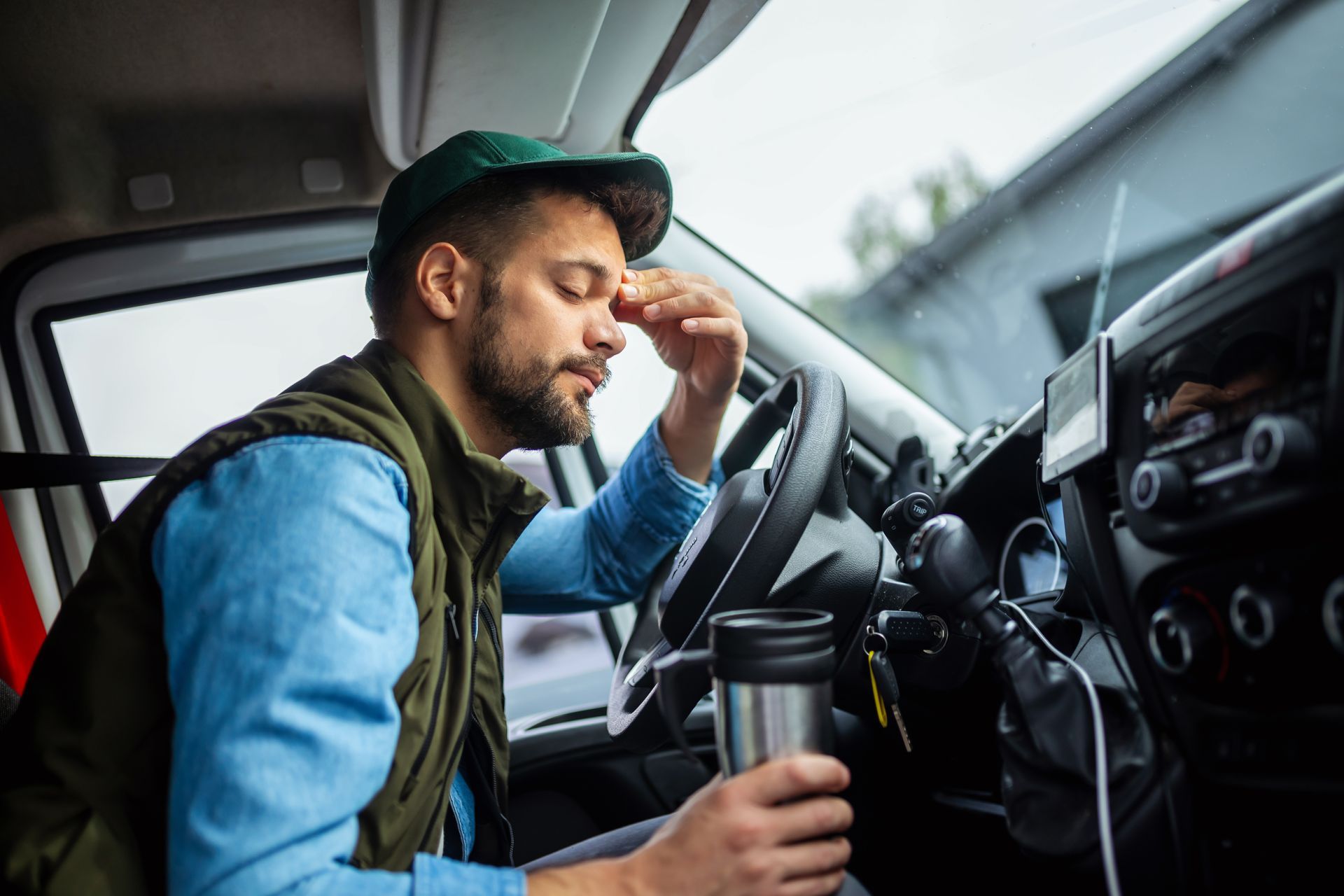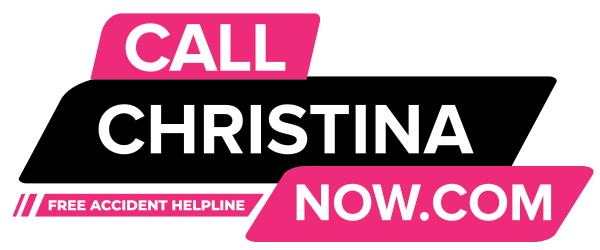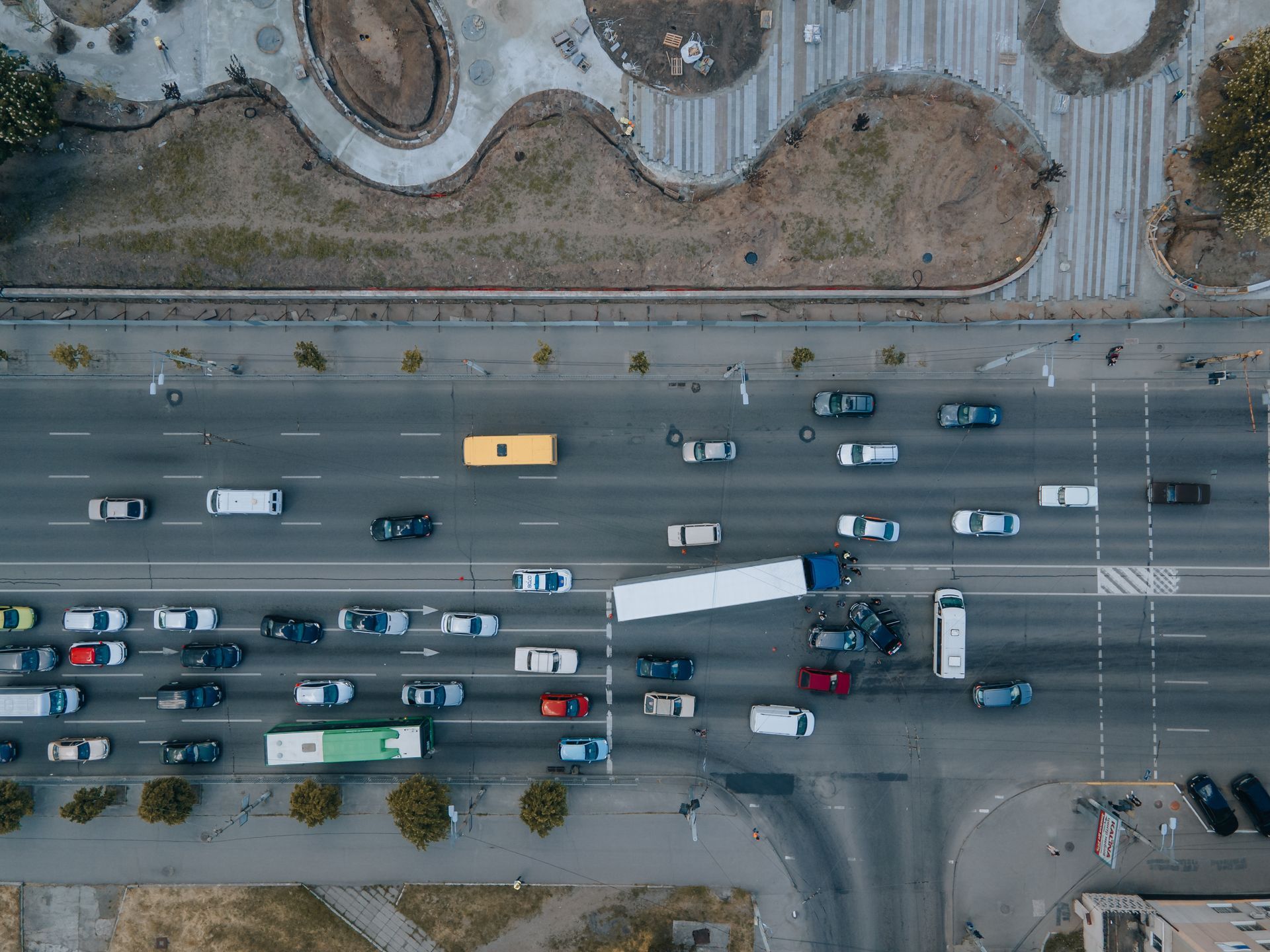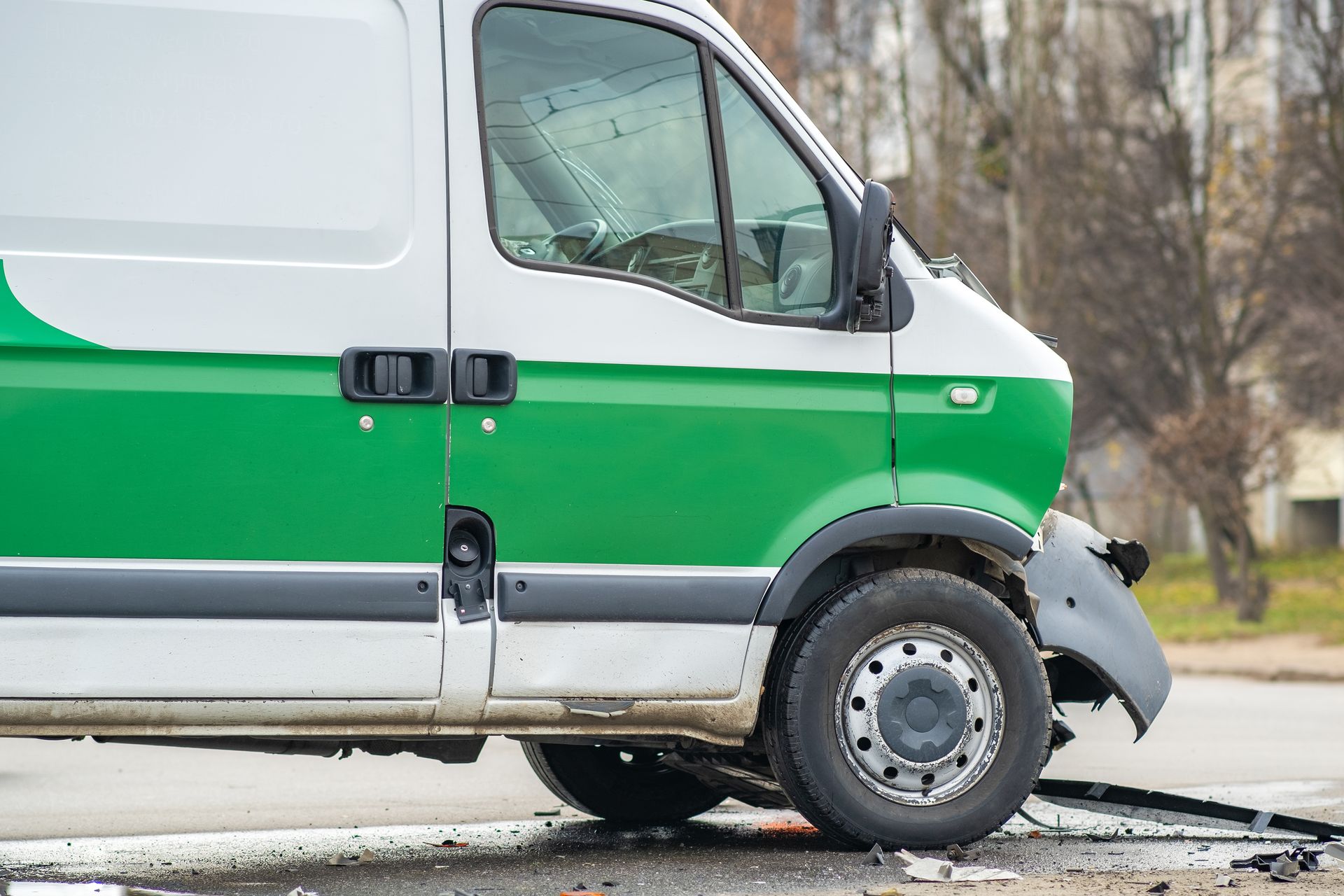How to Prove Liability in a Trucking Accident
Unpacking the Evidence: What It Takes to Hold the Right Party Accountable After a Truck Crash
Nature's Symphony
When a trucking accident happens, the damage can be catastrophic—physically, emotionally, and financially. But proving who’s at fault isn’t always easy. Multiple parties could be responsible, from the driver to the trucking company, or even a parts manufacturer. If you’ve been injured in a trucking accident, knowing how to prove liability is key to getting the compensation you deserve. In this blog, we’ll break down the steps to establish fault in a trucking accident and why gathering evidence quickly matters.
Gather Strong Evidence Early
Liability depends on evidence. The sooner you act, the more likely it is that crucial details can be preserved. Collect:
- Photos or video from the crash scene
- Police reports
- Eyewitness statements
- Truck’s black box data (records speed, braking, and more)
- Driver logs (to check for fatigue or hours-of-service violations)
- Maintenance records
- Employment and training history of the driver
Your attorney can also send a spoliation letter, which prevents the trucking company from destroying key evidence.

Use Federal and State Regulations
The trucking industry is heavily regulated, which helps when proving liability. If the trucking company or driver violated FMCSA regulations, such as:
- Driving too many hours without rest
- Skipping required drug or alcohol testing
- Failing regular vehicle inspections
These violations can be used as evidence of negligence.
Hire the Right Legal Support
Proving liability in a trucking case often requires experienced legal support. These cases involve corporate insurance teams and defense lawyers. A personal injury attorney with trucking accident experience will know how to:
- Subpoena black box data
- Preserve crash scene evidence
- Depose company employees
- Handle settlement negotiations or take the case to court
Without the right legal help, valuable evidence could be lost—and so could your opportunity for fair compensation.
Act Quickly, Protect Your Rights
If you or someone you love has been in a trucking accident, don’t wait to take action. Proving liability takes time, resources, and the right strategy. Start by documenting everything, preserving key evidence, and speaking with an attorney who understands these complex cases.



